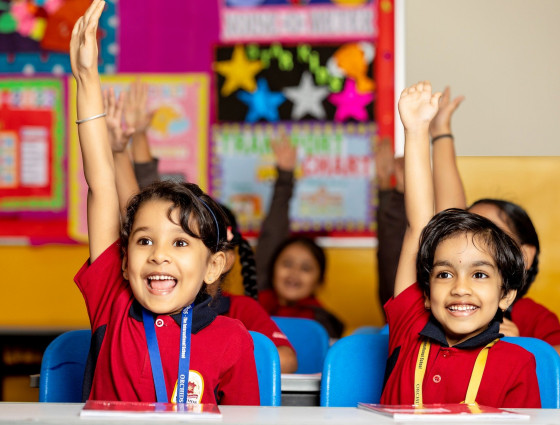

Virtual School funding
Summary of available sources of funding.
Early years pupil premium
Worcestershire Children First is in charge of giving the EYPP to the early years providers that educate looked after children (children in the care of Worcestershire Children First) who are taking up the Universal Nursery Education Funding (NEF) entitlement for three to four year olds. Early years providers or any other organisation that receives NEF from the local authority for children aged under five, including nurseries and childminders. Please note that that Pupil Premium Plus is not available to Early Years settings.
Worcestershire Children First: Early Years Pupil Premium via the Provider Portal.
Early years national funding formula: funding rates and guidance from GOV.UK
Pupil premium grant
The pupil premium grant is funding to improve educational outcomes for disadvantaged pupils in state-funded schools in England.
The grant also provides support for children and young people with parents in the regular armed forces, referred to as service pupil premium (SPP). This has been combined into pupil premium payments to make it easier for schools to manage their spending. Pupils that the SPP intends to support are not necessarily from financially disadvantaged backgrounds.
Pupil premium funding is allocated to eligible schools based on the number of:
- pupils who are recorded as eligible for free school meals, or have been recorded as eligible in the past 6 years (referred to as Ever 6 FSM)
- children previously looked after by a local authority or other state care, including children adopted from state care or equivalent from outside England and Wales
Pupil premium is not a personal budget for individual pupils, and schools do not have to spend pupil premium so that it solely benefits pupils who meet the funding criteria. It can be used:
- to support other pupils with identified needs, such as those who have or have had a social worker, or who act as a carer
- for whole class interventions which will also benefit non-disadvantaged pupils
Further information can be found at: Pupil premium: overview - GOV.UK (www.gov.uk)
Pupil premium plus (PP+)
Virtual school heads (VSHs) are in charge of promoting the educational achievement of all the children looked after by the local authority they work for.
VSHs are responsible for managing pupil premium funding for the children they look after and for allocating it to schools and alternative provision (AP) settings (these are places that provide education for children who can’t go to a mainstream school).
VSHs are also responsible for managing the early years pupil premium (EYPP). They’re in charge of giving the premium to the early years providers that educate looked-after children (children in local-authority care) who are taking up the free early education entitlement for 3- or 4-year-olds.
Early years providers are any organisation that offers education for children aged under 5, including nurseries and childminders.
You can find more information in our:
pupil premium guide for schools and AP settings
EYPP guide for local authorities
These guides explain which children who are or have been in local-authority care attract the pupil premium and the EYPP.
National Tutoring Programme and Recovery Premium
The National Tutoring Programme (NTP) provides funding to spend on targeted academic support, delivered by trained and experienced tutors and mentors for children in Year 1 until Year 11. The Virtual School receives funding for our CLA and this is allocated to support identified within the PEP process.
Additionally, The Virtual School receives funding through the Recovery Premium to support pupils whose education has been impacted by COVID-19 in Reception until Year 11. This funding is used to support high-quality teaching, provide targeted academic support, and for tackling non-academic barriers to academic success, such as difficulties with attendance, behaviour and social and emotional wellbeing. It is used to provide additional professional advice and resources to schools, through the Virtual School training and support and through the PEP process.
Further information regarding these funding resources is available through your Learning Advocates. The academic year 2023/24 is the final year the DfE will offer these funding sources.
Two year old funding
If the child has been adopted from care they will be entitled to two year old funding, however they must first apply. It has been made very clear to nurseries that they should not offer anyone a free place until they have been provided with a ‘Certificate’ confirming that they are entitled to it.
Statutory guidance
Alternative Provision (GOV.UK)
Careers guidance and access for education and training providers (GOV.UK)
Children Missing Education (GOV.UK)
Children who cannot attend school due to health needs (GOV.UK)
DfE Guidance - Mental Health and Behaviour in Schools (GOV.UK)
Promoting the education of Looked After Children and Previously Looked After (GOV.UK)
School suspensions and permanent exclusions (GOV.UK)
Special Educational Needs and Disabilities (GOV.UK)
The Children and Social Work Act 2017 (GOV.UK)
The Designated Teacher for looked after and previously looked after children (GOV.UK)
Working together to improve school attendance (GOV.UK)
 Facebook
Facebook Twitter
Twitter Email
Email WhatsApp
WhatsApp Messenger
Messenger